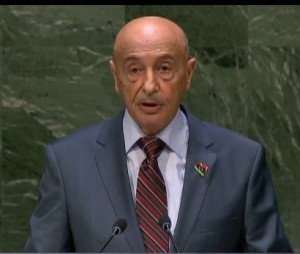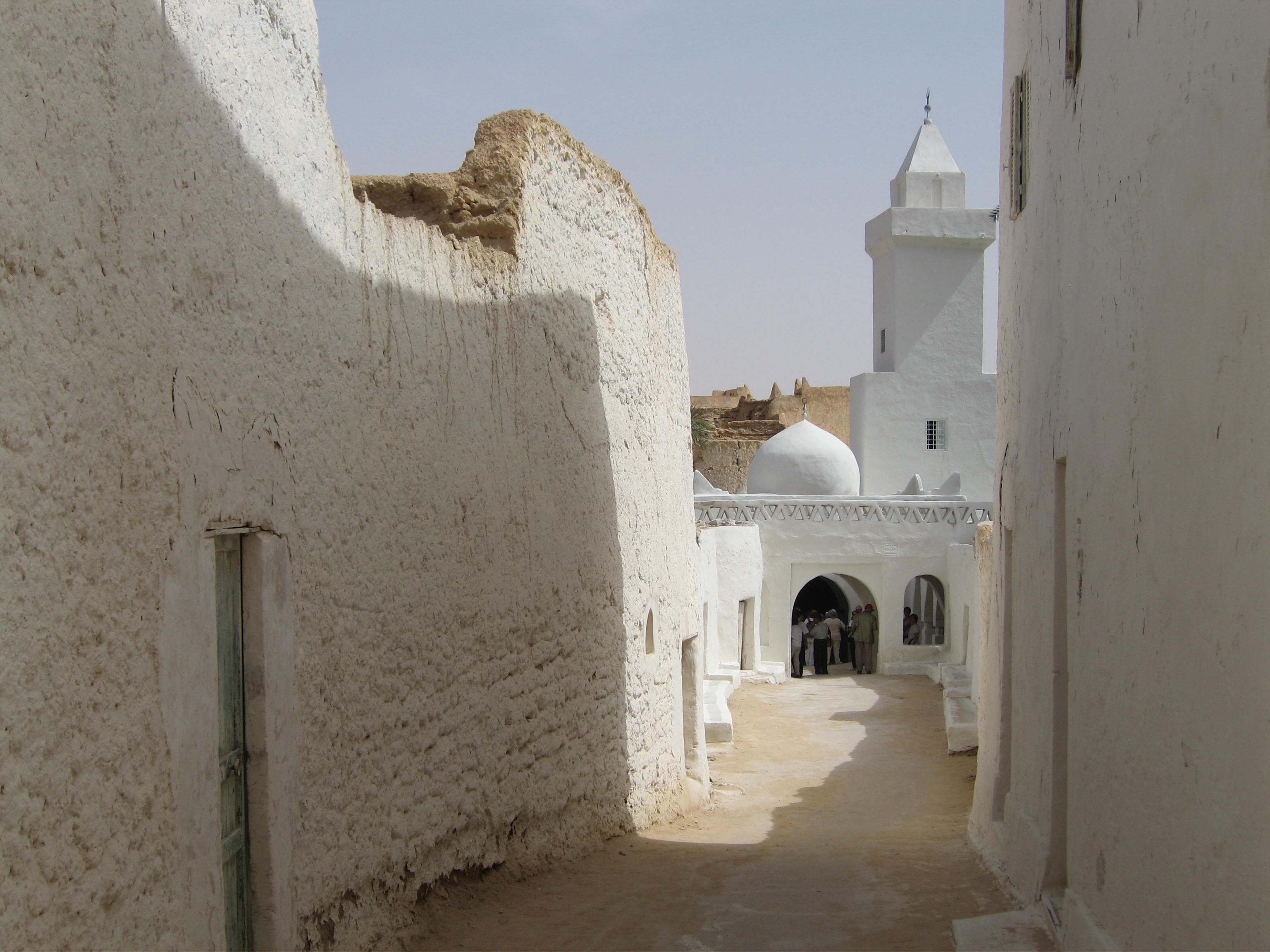By Libya Herald Reporters.

Tripoli, 27 September 2014:
House of Representatives President Ageela Saleh warned the United . . .[restrict]Nations that the international community had to support the elected government or admit that it was abandoning the country to its fate.
He told the UN General Assembly in New York yesterday: “The international community has either to stand with the elected, legitimate authorities and impose sanctions or say very clearly that the Libyans have to face terrorism alone”.
Saleh said people in other countries were probably bemused at what had happened since the revolution with its high ideals. “They may ask where are the intellectuals who flooded the media and convinced the world of the justice of their people’s cause? They were the true Libya people”.
He went on to say that unfortunately most of the activists had left the political arena. Instead armed groups were using force to try and impose their will on the country and its people. Quarter of a million Libyans had been forced to flee their homes. The armed groups were violating human rights and strong-arming the government for money.
Saleh said that the Libyan Dawn coalition of militias included Al-Qaeda ideologists. They had taken control of government buildings in Tripoli. They were aiming to derail Libya’s democratic transition. The international community had to stand by the elected legitimate authorities and implement United Nations Security Council resolution 2174 (2014) by imposing sanctions on those hindering the political process and undermining security”.
Saleh also warned that illegitimate contact with Libya Dawn, that had not been authorised by the government, would be taken as an unfriendly act against Libya’s unity and stability.
He said that if the international community did not provide arms and training to the Libyan army, “in its war against terrorism”, it would impact the stability of North Africa and could ultimately threaten world peace.
He said the UN should help in building the Libyan state so that it could monopolise the legitimate use of force and secure control of Tripoli.
He also called for a “genuine and active” alliance between Libya and its neighbours bot to the north and south of the Mediterranean, to work together to confront terrorism. He also looked to the start of a comprehensive dialogue between all Libyans, backed up by the United Nations Support Mission in Libya, the Arab League and the African Union.
He insisted that the HoR and government were determined to pursue the path of dialogue and tolerance, within the framework of legitimacy, to solve the problems and differences between Libyans.
[/restrict]








